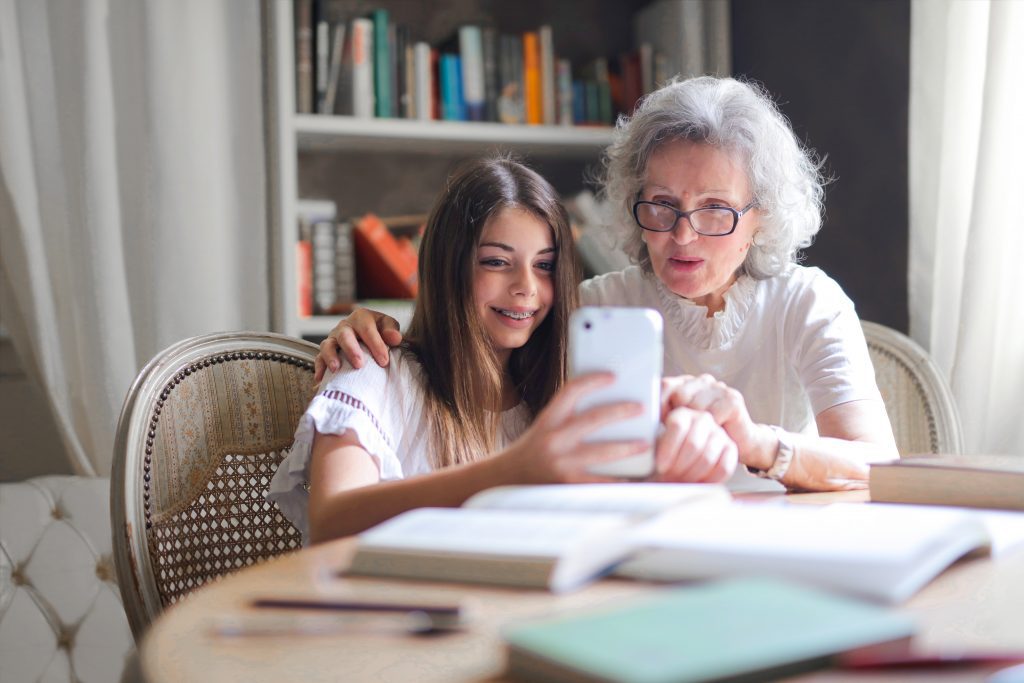By SWNS Staff // SWNS
New York office - 646-873-7565 / usnews@swns.com
Nearly nine-tenths of Americans with parents over the age of 60 are worried about their parents’ safety and well-being, a new study reveals. Nearly nine-tenths of Americans with parents over the age of 60 are worried about their parents’ safety and well-being, a new study reveals.
The poll of 2,000 Americans revealed people with older parents worry about them an average of five times a week.
And results revealed that overall, 86% said that they worry about their parents often.
The survey, commissioned by Alarm.com and conducted by OnePoll, revealed the difficulties and worries of trying to stay connected with older parents.
Nearly nine in 10 respondents (88%) reported their parents live independently, and 71% of all those polled said they’re unable to see them as often as they’d like.
The biggest cause of worry is parents’ physical health and well-being — a concern reported by 44% of respondents.
Other top worries included being too far away if an emergency happens (36%), concerns about parents’ mental and emotional well-being (36%), worries about parents’ home security (32%) and worries about vulnerability to fraud or online crime (32%).
One-third said they even worry their parents won’t tell them about a problem they’re experiencing.
There is a simple fix, it turns out. Seven in 10 said they’d worry less if they checked in with their parents more often and 73% said it would make their parents feel safer too.
“Staying connected with our parents becomes ever more important as they grow older,” said Anne Ferguson, vice-president of marketing at Alarm.com. “All too often, however, modern life gets in the way."
"At the best of times, parenting and work commitments keep us busy. Now, social distancing has made it harder than ever to stay connected, especially with older parents who need connection the most.”
What typically gets in the way of staying connected with our parents?
One-third (33%) of respondents said work prevents them from checking in as often as they’d like to. Nearly three in 10 (28%) said their own families keep them too busy.
A quarter reported their parents are bad at answering the phone, while 26% said their parents don’t like using new technology to stay in touch.
No wonder 72% of respondents have wished there was a way to check in on their parents quickly, without having a phone conversation.
A promising breakthrough comes in the form of two-way video technology, an increasingly popular way to connect and catch up.
Over seven in 10 reported video calling has made it easier to connect with their parents. And 70% said they have a stronger relationship with their parents thanks to technology.
“Worried families should take heart that new technology makes it easier to stay connected and closer to loved ones,” said Alarm.com’s Anne Ferguson. “Older adults are benefitting from two-way video solutions that are easier to use than cellphones."
Developments in smart home security technology allow families to team up as ‘virtual caregivers’ for parents who live independently. As social distancing continues, we hope that families worldwide will discover and adopt these new technologies to keep their loved ones safe, well and connected.”
TOP 10 WAYS AMERICANS WORRY ABOUT THEIR AGING PARENTS
I worry about their physical health and well-being 44%
I worry I'm too far away to help them in an emergency 36%
I worry about their mental or emotional health 36%
I worry they'll have a problem and not tell me 33%
I worry they're vulnerable to crime in their home, such as burglary or theft 32%
I worry they're vulnerable to crimes like fraud or online crime 32%
I worry about their safety at home 32%
I worry about them eating properly 31%
I worry they'll fail or forget to take their medication 31%
I worry they're lonely 30%
